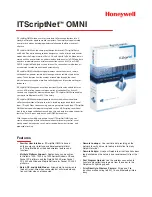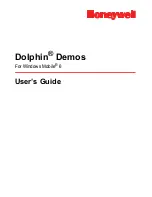
Figure 73 Virtual full backup
Figure 73
on page 260 shows how a virtual full backup is created. With this type of
backup, all the backups reside in a single file library that uses distributed file media
format. The Restore Media Agent (RMA) reads the information about the full backup
and the incremental backups, and generates the data for the virtual full backup. The
generated data is sent to the Backup Media Agent (BMA), which creates the virtual
full backup in the file library.
Synthetic backup and media space consumption
If synthetic backups are performed frequently, and the sources are kept, this typically
means significant space consumption on the backup media. However, if virtual full
backup is performed, the backup media space consumption is minimized.
With virtual full backup, the space consumption largely depends on the size of the
backed up files. If the files are significantly larger than the block size used, virtual
full backup achieves maximum savings of the space compared to normal synthetic
backup. On the other hand, if the files are smaller than the block size, the savings
are rather small.
Restore and synthetic backup
Restore from a synthetic full backup is equivalent to restore from a conventional full
backup. The following figures present different situations, supposing you need to
restore your data to the latest possible state. In all examples, a full backup and four
incremental backups of the backup object exist. The difference is in the use of synthetic
backup.
Synthetic backup
260
Summary of Contents for B6960-96035
Page 17: ...Overview of backup and automated media copy sessions 340 105 Concepts guide 17 ...
Page 20: ...20 ...
Page 22: ...Publication history 22 ...
Page 132: ...Planning your backup strategy 132 ...
Page 182: ...Media management and devices 182 ...
Page 186: ...Users and user groups 186 ...
Page 204: ...The Data Protector internal database 204 ...
Page 218: ...Figure 62 Direct SIP integration example Service management 218 ...
Page 242: ...Integration with database applications 242 ...
Page 264: ...Synthetic backup 264 ...
Page 274: ...Split mirror concepts 274 ...
Page 288: ...Snapshot concepts 288 ...
Page 344: ...Further information 344 ...
Page 402: ...Glossary 402 ...
















































